There’s nothing quite like waking up to the winter’s first snow covering the landscape. It’s an amazing transformation that affects everything from light and sound to mood. Whether you’re interested in nature photography, abstract photography, or portraits, winter is a fantastic time to do something different!

Snow offers a lot to the willing photographer. The unique light, the brilliance of the white, the refreshed feeling you get when a fresh blanket of snow covers the ground, the low temperatures — the opportunities (and challenges) are endless. In this article, I hope to help you prepare with some essential tops for photographing snow so you can get started on your wintery outdoor adventure. So let’s get to it!
Before you set out
Before you grab your camera and run outside to capture your wintery landscape, there are some very important things to remember. First of all, you need to get dressed, and you need to do it well. Wear several layers of clothing rather than just one very warm layer. Put on shoes that will keep you warm and dry and don’t forget gloves and a hat!

It’s important that you’re dressed warmly, but who said anything about your models?
When you’re certain you’ll stay warm for long enough to be able to enjoy the snow, make sure you grab some extra batteries. The cold weather will drain the camera’s batteries surprisingly quickly. Keep the extra batteries close to your body (preferably your torso), inside your clothing, to keep them from getting cold and discharging faster.
Now you’re ready to head out!

Practical things to keep in mind while you’re rolling in the snow
Once you’ve stepped out the door, there are some things you should keep in mind to make your photography excursion as comfortable as possible for you, and as safe as possible for your gear.
Be sure to stay warm. Taking photos often means you’ll be standing (or lying) still for a long time. So if you’re getting cold, get up and move around a bit. Also pay attention to your toes and fingers, as they can get really cold even if the rest of you is warm and cozy.

Use protection
It’s also important to protect your eyes. Especially if it’s cloudy it might seem like there isn’t actually that much light. But as snow reflects light very effectively your eyes can easily get damaged without you even noticing. This is called snow blindness and the best way to avoid it is to wear sunglasses.
Yes, sunglasses, in the winter, even when it’s cloudy! It sounds crazy, but ask anyone who spends a lot of the winter outdoors and they’ll agree. And, of course, you’ll also look cool.

To protect your gear, it’s important to keep snow off of it. Once the snow melts, it can damage your camera, your lenses, as well as other electronics. Keep the gear you’re not using in a bag, and remove any snow from your camera before you go indoors. Also, if it’s snowing while you’re out photographing, be careful so it doesn’t get on your lens and end up as big blurry blobs in your photos.
Technical aspects and tips
So let’s get to the bit that’s actually interesting, the photography itself. There are some basic technical aspects to keep in mind while you’re photographing snow, but I’ll also bring up some ideas for how to enjoy your snow white photography to its fullest.
1. Overexpose
If the world around you is more or less completely white, and you’re not going for a drab kind of image, you need to overexpose by at least one stop. This will give you a photograph that looks more like what you saw with your bare eyes, as well as one that captures the magical atmosphere of winter.

2. Pay attention to shutter speed
As always, you need to use your shutter speed intelligently to capture the scene the way you want to. In winter, it’s good to remember to use a very short exposure time if you want to freeze falling snow, and to play around with slower shutter speed if you’re trying to capture drifting snow moving across a landscape.

3. Look for contrast
In a completely white world, you might have to look quite hard to find something to contrast with the snow. Contrast is interesting, though, so keep your eyes and mind open.
To add colour contrast, look for something colourful or wait for sunset when the blue of the shadows and the warm colours of the sun mingle. If you find moving water, contrasting the stillness of the snow with the rushing water can add a lot to your image.



4. Try something different
Like any season, winter offers a diversity of photo opportunities. Snow can be a great way to create negative space in your image. It is a great way to really bring out your subject or to create a calm atmosphere.

You can also try to go beyond the obvious to find the treasures that are hiding in your winter wonderland. Go from landscape photos to close-ups, from strong color contrast to black and white, from a classical winter landscape to a surprising take on the season…
Don’t let the weather stop you, and remember to have fun and tell an interesting story with your photos.

Conclusion
What do you think is the best thing about photographing snow? Do you have any fun or informative experiences to share? I’d love to hear your thoughts and see your snowy creations in the comments below/
The post How to Capture a Winter Wonderland – Essential Tips for Photographing Snow by Hannele Luhtasela-el Showk appeared first on Digital Photography School.

Digital Photography School













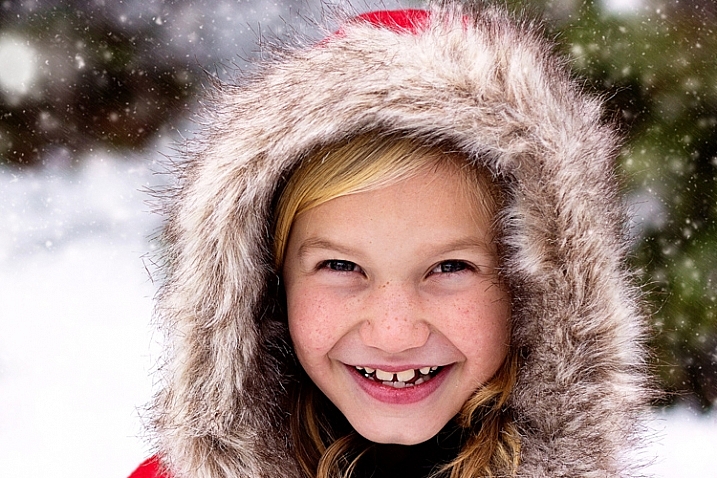
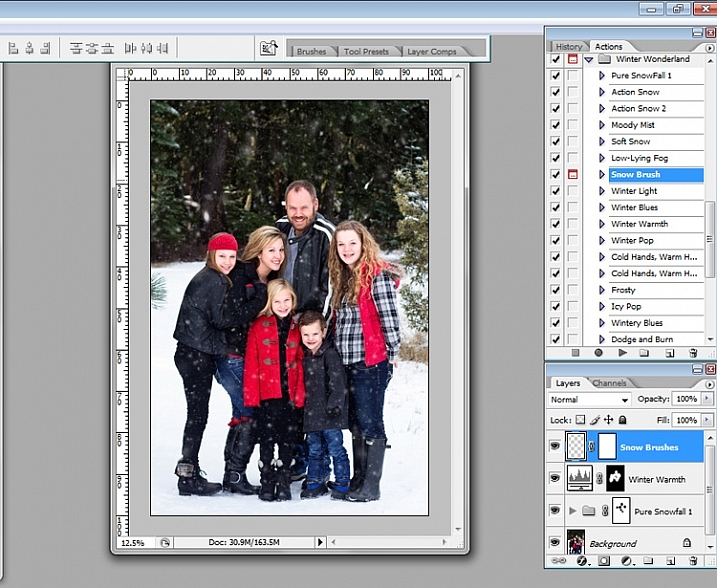
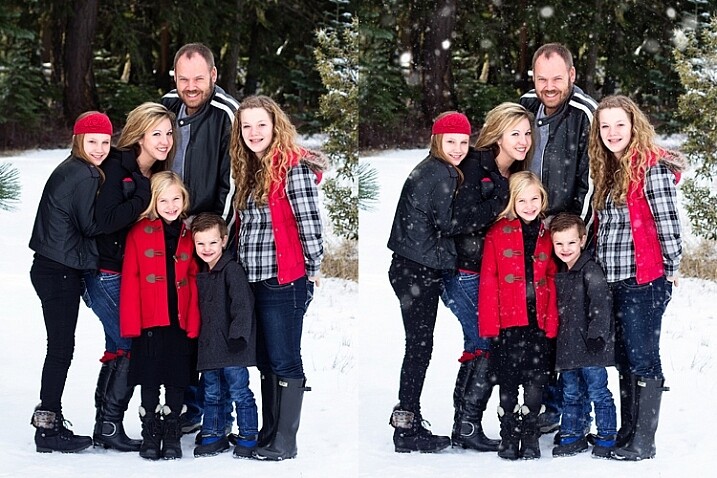
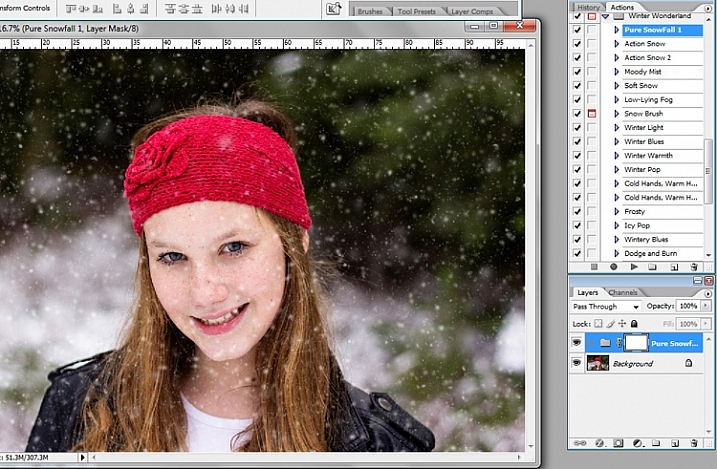
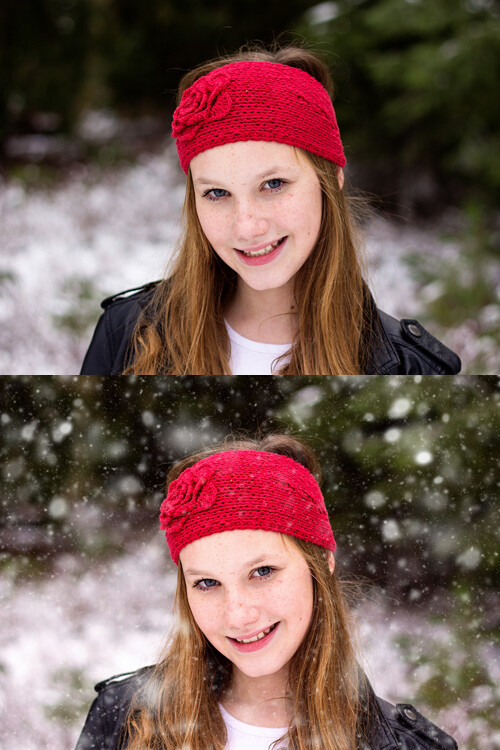
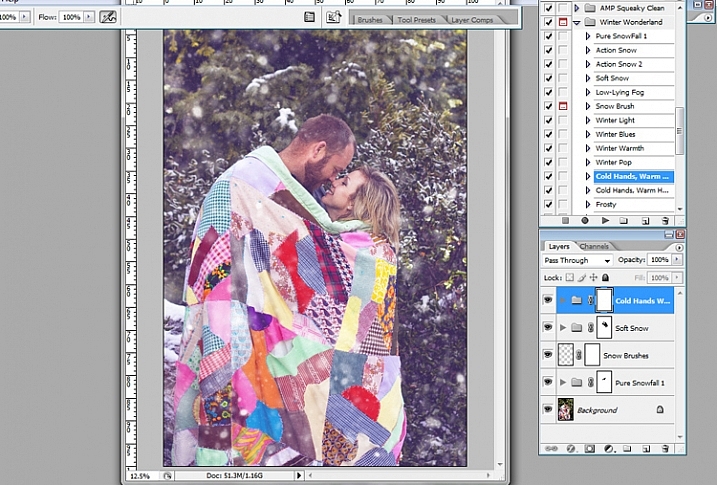
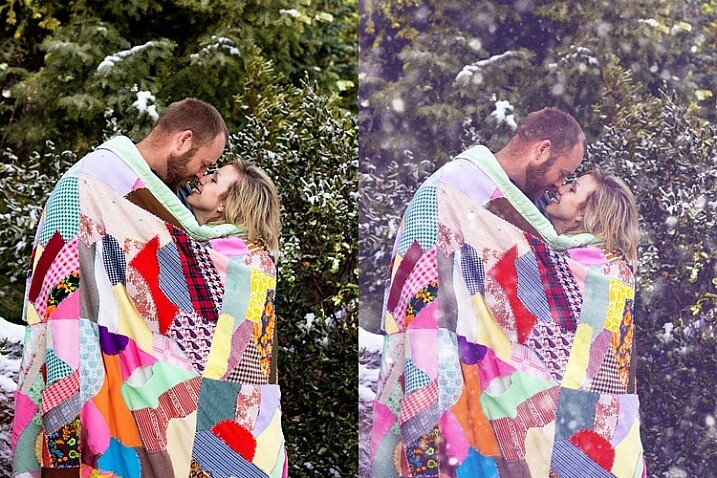
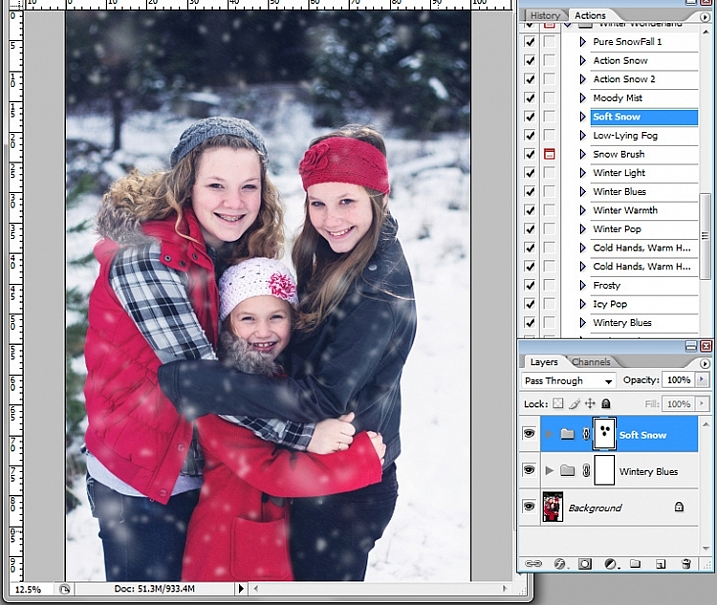
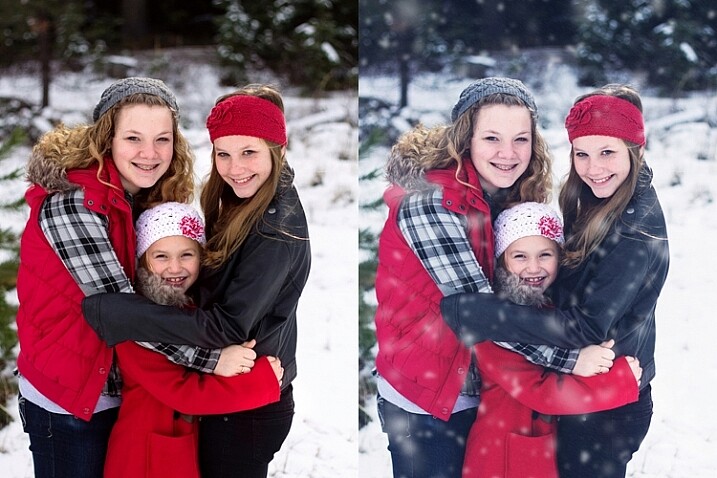
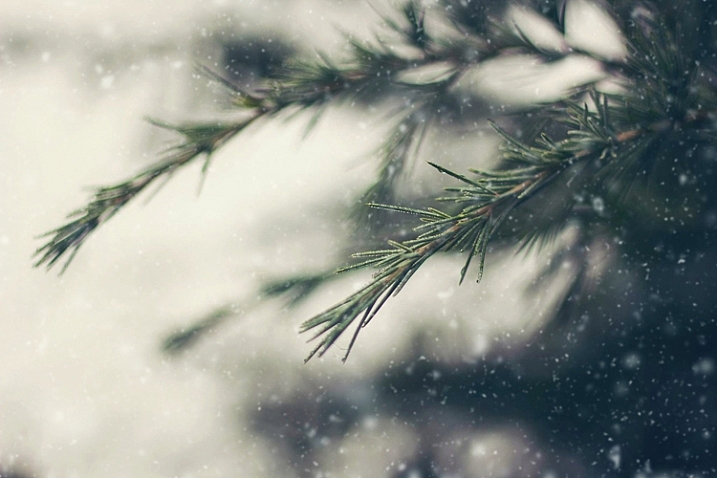
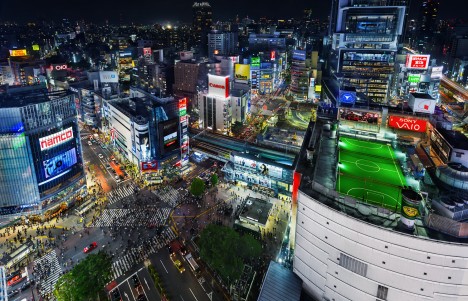
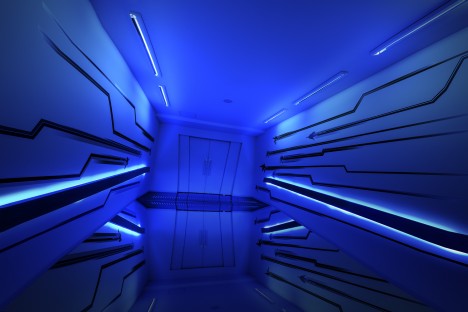
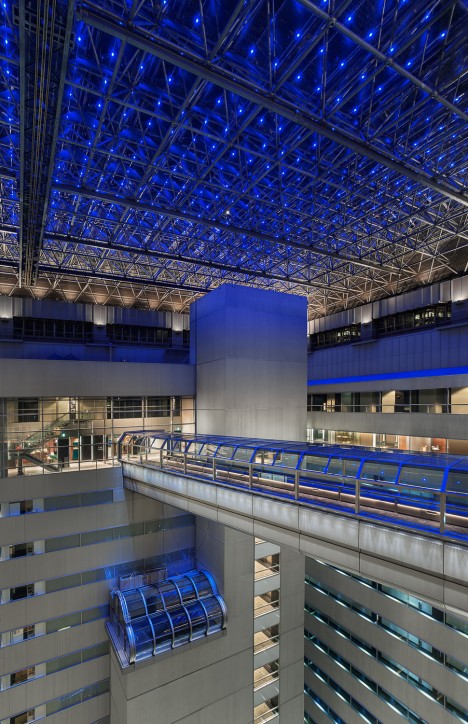

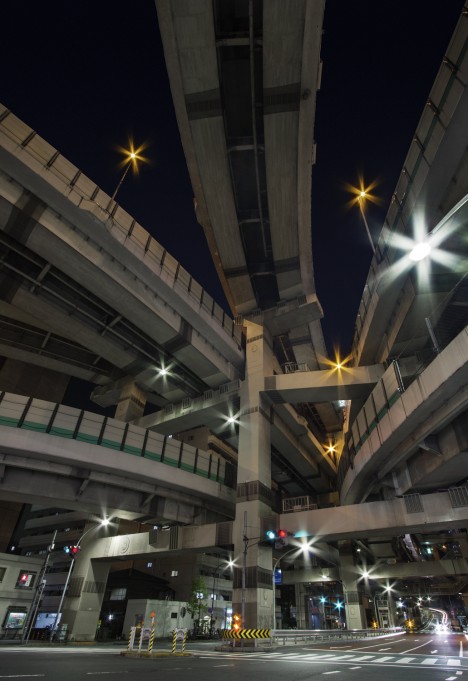


















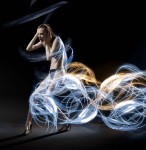

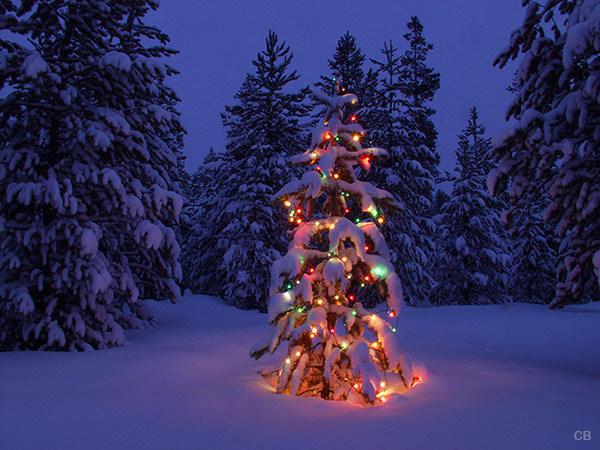
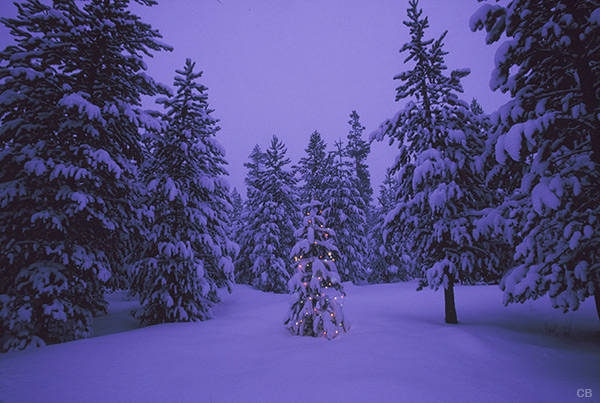
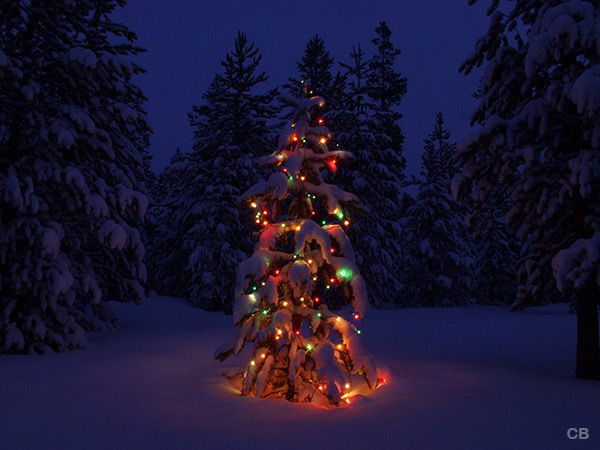
You must be logged in to post a comment.